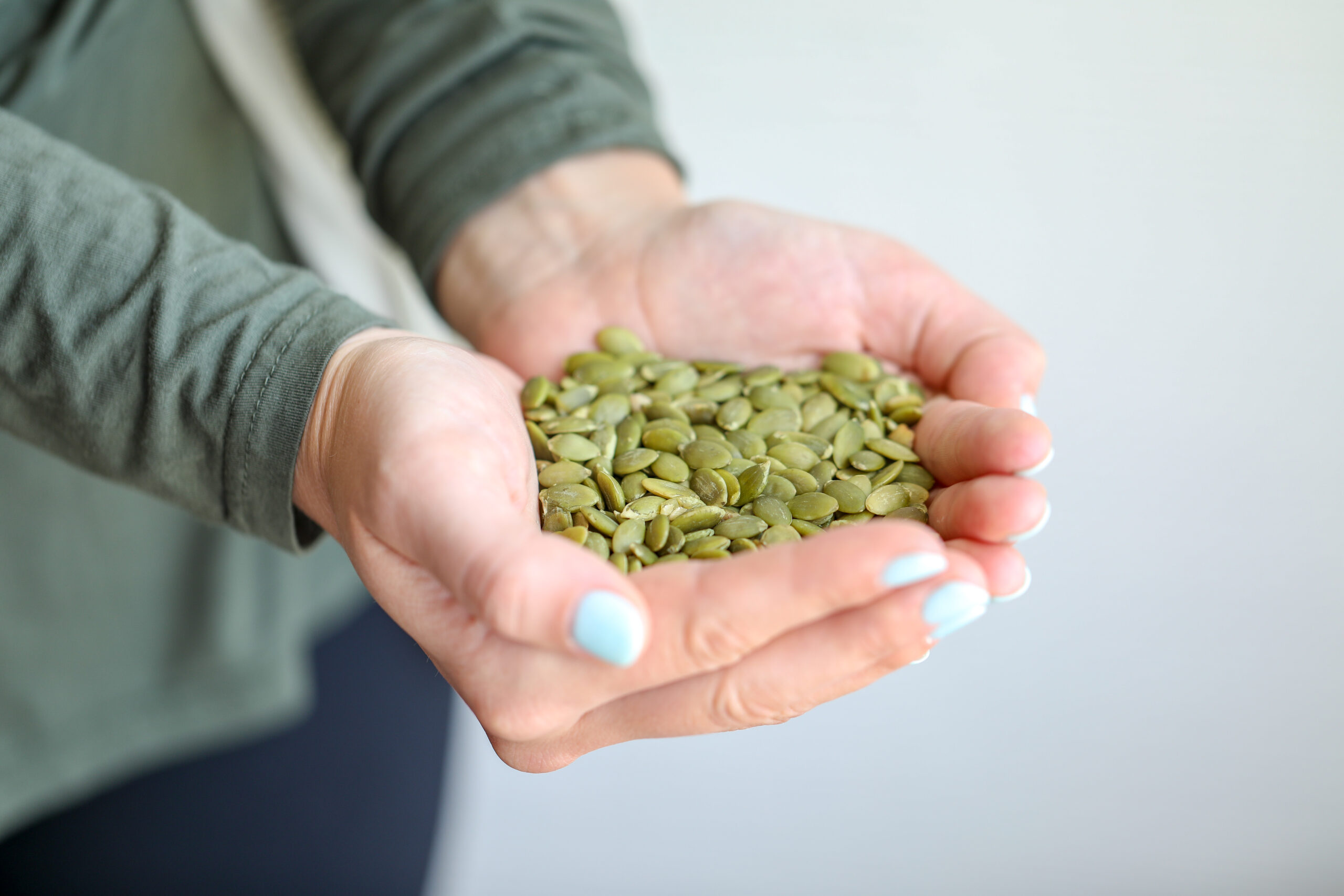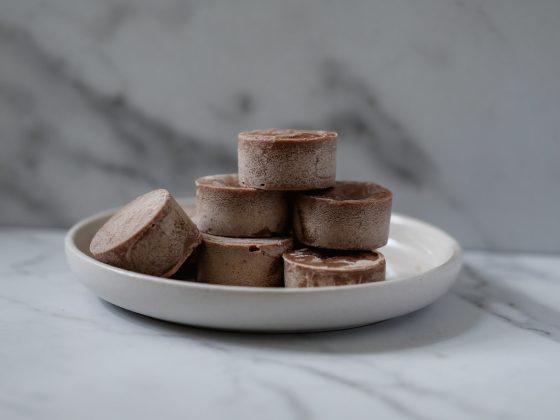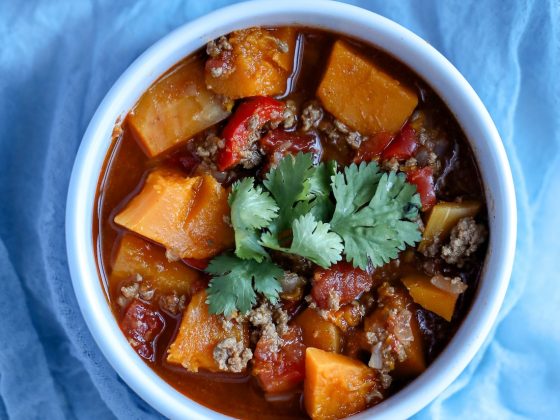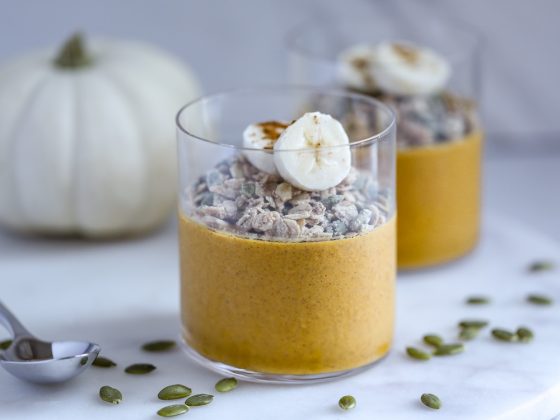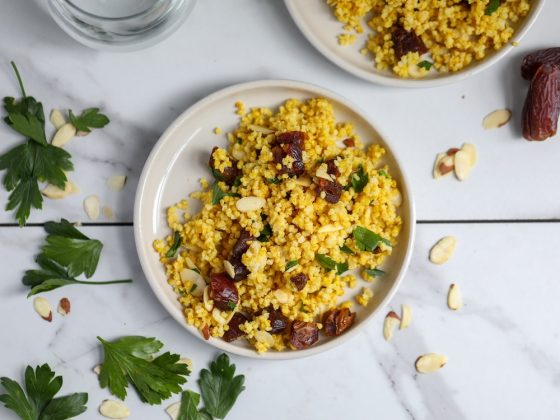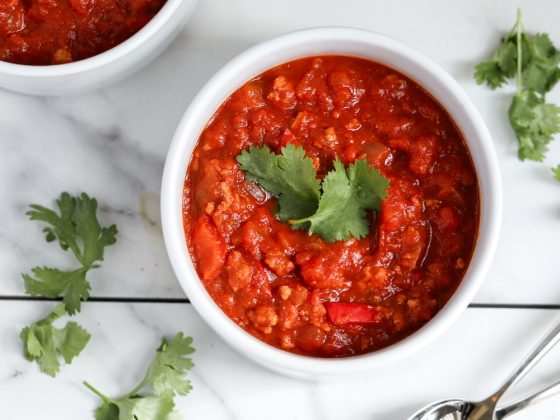Nursing can be tough, and worrying constantly if you will have enough milk to feed your baby can just add to the stress. Old wives’ tales abound when it comes to foods, supplements, and behaviors that will help you make more milk, but only a few have been proved to actually help. They are called galactagogues, or sometimes lactogenic foods, and they are nature’s way of giving you a little boost, whether you feel your baby actually needs more food or whether you are building a supply for a weekend away from the baby. Check out these options to get things…flowing again.
Oats
Oatmeal has long been deemed a superfood for a variety of reasons, and here’s just another reason to add it to the list. Oats can increase supply for three reasons, according to Very Well Family:
- They contain saponins, which impacts the hormones related to supply
- Plant estrogen found in oats stimulates the milk glands
- Beta-glucan is a fiber thought to increase prolactin, a breastfeeding hormone
If oatmeal has you thinking soggy thoughts, try integrating oats into muffin recipes, switching to a different type (such as steel cut oats), or trying your hand at a super simple breakfast: overnight oats. Gluten-free oats are also one of the primary ingredients in our Gratisfied Oat Bar launching soon!
Fenugreek
This supplement/herb can be taken in pill form, brewed in a tea, and integrated in other ways to increase supply. Some breastfeeding moms try using it in lactation cookies or smoothie recipes as well, as it can have a bitter taste. According to UT Southwestern Medical Center doctors, integrating fenugreek into your diet can combat a drop in supply that may result from stress, fatigue and other factors. Check with your doctor, they advise, if you have a chickpea or peanut allergy, or take blood thinners or diabetes medications.
Pumpkin and pumpkin seeds
This galactagogue has been proven to increase the volume of milk a woman produces, according to a 2017 study on Thai mothers taking traditional galactagogues. The same study suggested protein could help with breastfeeding but didn’t directly prove that it increases volume. Pumpkin is luckily extremely easy to integrate into your diet in delicious ways, from smoothies to protein pumpkin pancakes. It can also be added to sauces you are already making, baked goods, and more. Add the seeds to a salad or trail mix. Better yet, Gratisfied Empower Bars contain a good source of pumpkin seeds, and breastfeeding mamas have claimed eating them on the regular helps with milk supply as well.
Fennel
Research is mixed but may suggest that fennel increases breast milk supply. It can’t hurt to try, as this vegetable from the carrot family can be eaten raw, but might taste better shaved and sauteed. Try cutting it into sections like you would with a brussel sprout, and eating the bulb. It may increase levels of prolactin, necessary for breastfeeding, and at the very least it will help you hit your veggie consumption goals for the day.
Note that none of the above should replace medical advice if you feel your baby isn’t getting enough to eat. While breastfeeding has become the “gold standard” for feeding babies, so has the saying “fed is best.” Providing formula to a baby who isn’t getting enough breast milk isn’t just great parenting, it’s essential for your child’s development. For more tips on increasing your milk supply, visit Kelly Mom, a breastfeeding resource.

